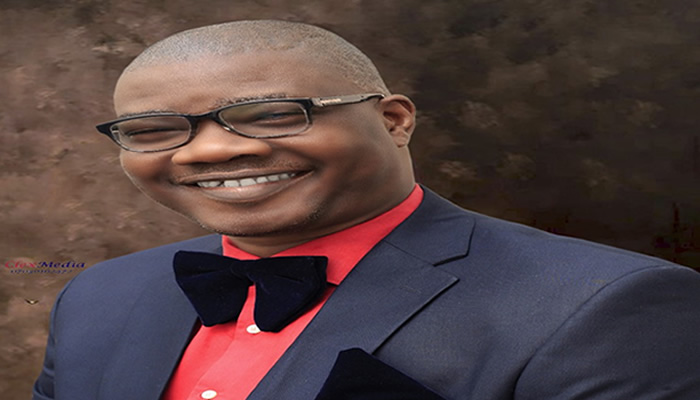
A group identifying themselves as Yoruba Nation Agitators has been actively assembling for some time. In a recent incident on Sunday, May 28, 2023, individuals suspected to be part of the Yoruba Nation agitators reportedly took over Amuludun 99.1 FM in Ibadan around 6am. Amuludun FM is a community station under the ownership of the Federal Radio Corporation of Nigeria. Seven of these agitators were apprehended and subsequently charged by the Oyo State Government.
Buoyed by their past success, members of this group made a daring move on Saturday, April 13, 2024, when they invaded Oyo State Government House and the state House of Assembly in Ibadan, attempting to hoist their flag and take control of the premises. Fortunately, the collective efforts of the Nigeria Police, Nigerian Army, and Amotekun Corps thwarted their efforts, leading to the arrest of 21 individuals. According to a recent publication on April 16, referring to the 2024 events, The Oyo State Commissioner of Police, Hazmat Adebola, on Monday, April 15, paraded 21 suspected Yoruba Nation agitators who had infiltrated the State Governor’s Office and the House of Assembly on Saturday morning. Adebola dubbed the act as criminal, unpatriotic, and a clear case of treasonable felony and terrorism that would be met with appropriate sanctions.
Among those paraded by the police were: Alabi Ogundeji (55), Adeyemo Oluwaseun (29), Adeyemo Peter (75), Amos Ogundeji (45), Ayanwale Rofiayat (25), Olaleye Mathew (54), Fatoki Anthony (34), Muritala Abere (40), Adepoju Ismaila (45), Fatunmbi Wasiu (30), Isaac Friday (27), Ayanwale Saburi (28), Elegbede Adebola (27), Adedamola Deniyi (29), Ojo Olufemi (52), Ajani Ezekiel (42), Adejumo Lateef (60), Ayoola David (40), Adesokan Hammed (38), Salawudeen Wahab (56), and Ademola Adeniyi (29).
The law enforcement officers recovered various exhibits, including weapons such as one English pump-action gun, two locally-made guns, along with other items like security jackets, torchlights, horse tails, bells, walkie-talkies, generators, and more.
Following their parade, one of the suspects, Alabi Ogundeji, a lecturer at the Federal College of Education (Special), Oyo, claimed that their actions were in accordance with Nigerian and international laws. Ogundeji argued that the Yoruba people had taken the necessary steps to proclaim their independence through processes like a referendum, official letters to Yoruba-speaking states, and subsequent declarations.
These separatists seem to believe that achieving secession is straightforward. Individuals such as Modupe Onitiri-Abiola and Mobolaji Omokore have been linked to this group. These figures should be identified, apprehended, and charged with treasonable felony similar to Nnamdi Kanu of the Indigenous People of Biafra.
Secessionist movements are not uncommon in Nigeria, with historical groups like the Oodua Peoples Congress and the Movement for the Actualization of the Sovereign State of Biafra. The Yoruba agitation traces back to the annulment of Chief MKO Abiola’s presidential victory in 1993, a period of perceived political marginalization of the Yoruba, which eventually led to compromises and power shifts within the Nigerian leadership.
As Nigeria currently has significant Yoruba representation in key positions across various sectors, the motive behind the Yoruba Nation Agitators’ campaign raises questions. The past struggles for independence in regions like South Sudan serve as cautionary tales against pursuing secession as a solution to economic and security challenges.
It is imperative for the governors of the South-West states and security agencies to address this agitation promptly to prevent potential destabilization reminiscent of the impact of similar movements in other regions. Timely action can prevent larger disruptions in the country.
X: @jideojong
